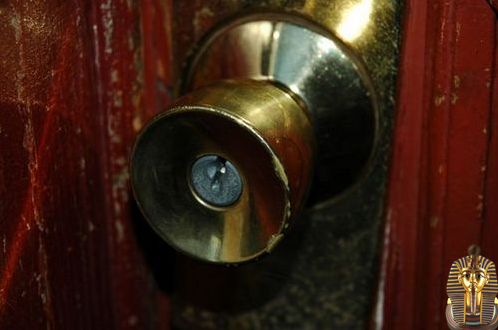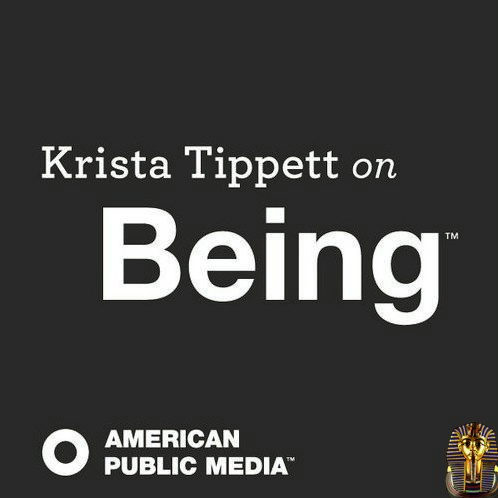Jean-marc pizano But, according to thepresent proposal, the relation between being a doorknob and instantiating the doorknob stereotype is, as it were, almostconstitutive. Instantiating doorknobhood and instantiating the corresponding stereotype are logically, conceptually, andmetaphysically independent in both directions.34 But the following is metaphysically necessary, according to the line I’mselling: being a doorknob is having the property to which minds like ours generalize from experiences (as of) theproperties by which the doorknob stereotype is constituted. That’s what the mind-dependence of doorknobhood consists in.

By way of a sort of summary, I want to rub in something that I said before: there is a sense, quite different from the one I’ve been discussing, in which it’s pretty untendentious that being a doorknob is a mind-dependent property. Perhapsit’s in the nature of doorknobs that they are artefacts. Perhaps, for example, nothing thatjust grew on a door could be adoorknob. Since it’s in the nature of artefacts that have a certain kind of intentional history, it follows that there wouldbe no doorknobs but that there are intentions with respect to doorknobs. A fortiori, there would be no doorknobs ifthere were no minds. Have this however you will; I raise the issue only to distinguish it from the one that I care about.

My line is that whether a thing is a doorknob is a matter of how it strikes us. By contrast, if being a doorknob is having the right sort of intentional history, then it’s straightforwardly a matter of fact whether a

Jean-marc pizano
thing is a doorknob. That’s because what intentional history a thing has is metaphysically independent of what intentional history it strikes anyone as having.87Being married is a matter of intentional history; one has to have saidcertain things, under certain conditions, with certain intentions, . . . etc. But whether Napoleon was married isn’t up tous; nor, for that matter, is whether you are married up to you. Whether you are married is metaphysically independentof whether you wish or take yourself to be. It’s too late to change your mind, and ‘I forgot’ does not defend against acharge of bigamy.

And, anyhow, I think the metaphysics of lots of concepts that do not subsume artefacts, and are patently not constituted by their intentional histories, works in much the same way that the metaphysics of DOORKNOB does. Infact, I rather think that is true of all concepts that aren’t logico-mathematical and don’t express natural kinds. More ofthis in Chapter 7.

I’ve been suggesting that whether a thing is a doorknob is maybe constituted by facts about whether we (do or would) take it to be a doorknob; just as whether something is red is maybe constituted by facts about whether it looks red tous. The metaphysical camel I’m trying to get you to swallow is, to repeat, an analogy between DOORKNOB andappearance concepts: with doorknob as with red, all there is to being it is how things tend to strike us. This account of themetaphysics of doorknobs would seem to explain why DOORKNOB exhibits the d/D effect without having toassume that DOORKNOB is learned inductively So far, then, the present picture is compatible with the idea thatDOORKNOB is primitive. So it’s compatible with Semantic Atomism.

Jean-marc pizano
Suppose, if only for the sake of the discussion, that you’re prepared to consider the ontology I’ve been trying to sell you. Then: what’s the bottom line about Innate Ideas?

Innateness and Ontology
The natural, appalled, reaction to radical concept nativism is: ‘But how could you have a concept like DOORKNOB innately?’ To which the proper answer is: ‘That depends a lot on what the concept DOORKNOB is and it depends alot on what it is to have a concept.’ According to the present proposal, to have a concept is to be locked to thecorresponding property. But also, according to the present proposal, DOORKNOB isan appearance concept; the property it expresses is constituted by the way that things that have it (do or would) strikeus (if we have had or were to have appropriate experiences with stereotypic doorknobs). Well, if a property is constitutedby the way that things that have it strike us (under certain circumstances), then being locked to the property requiresonly that things that have it do reliably strike us that way (under those circumstances).

Jean-marc pizano